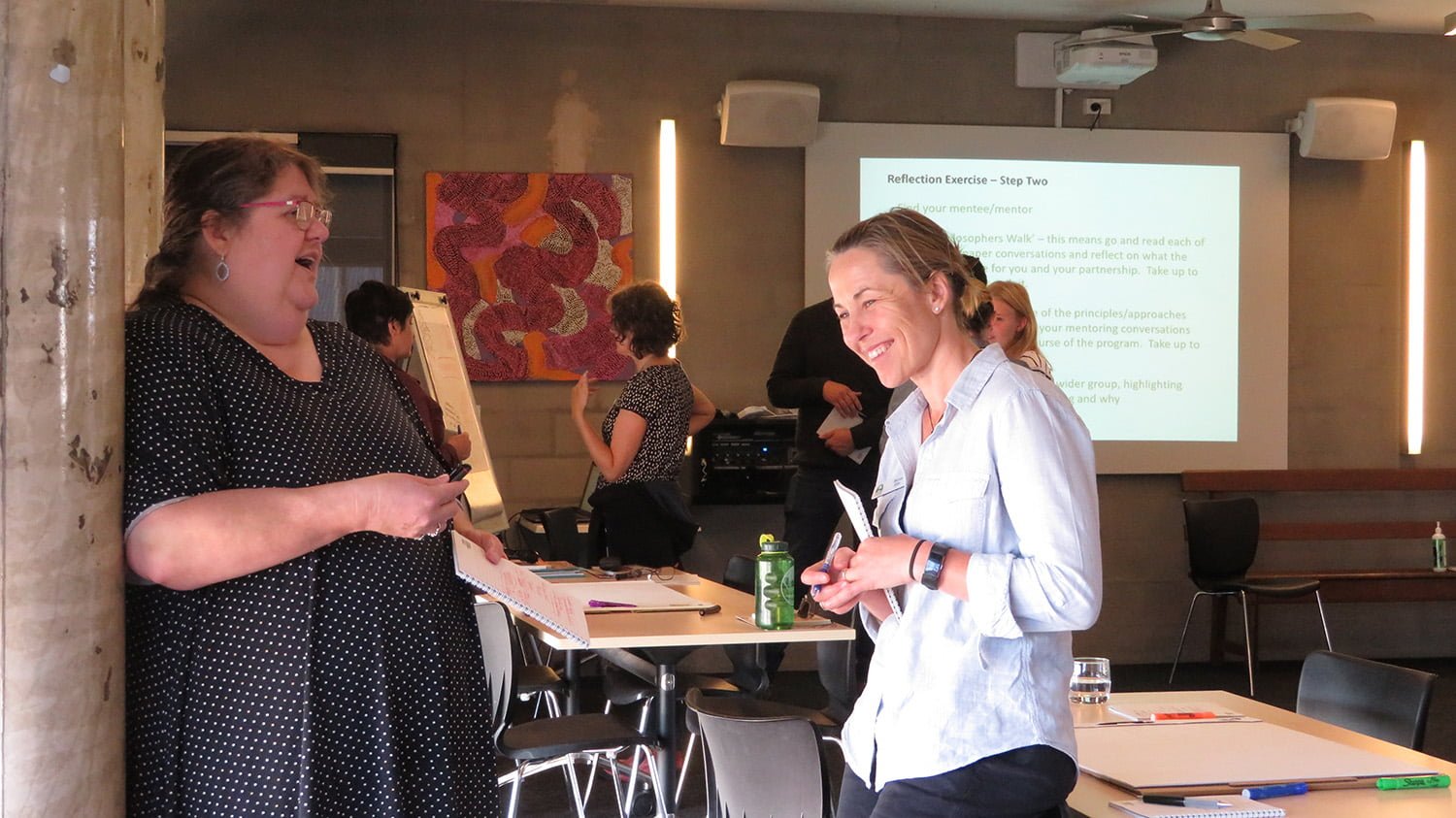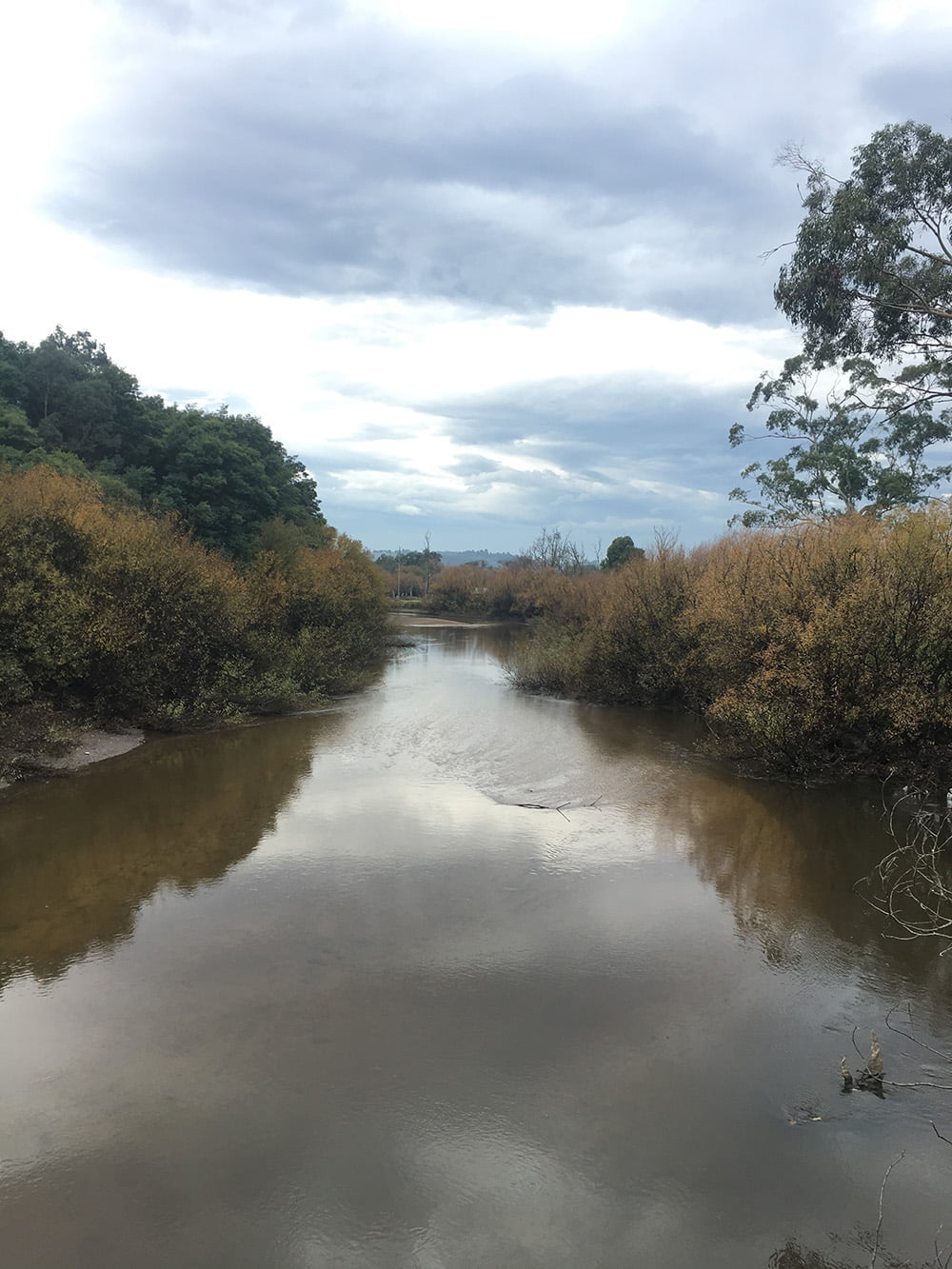Mentee: Marnie Ellis – Latrobe Catchment Landcare / West Gippsland CMA
Mentor: Rhonda Butcher – Principal Consultant, Water’s Edge Consulting
Photo credits: Marnie Ellis (unless stated otherwise)
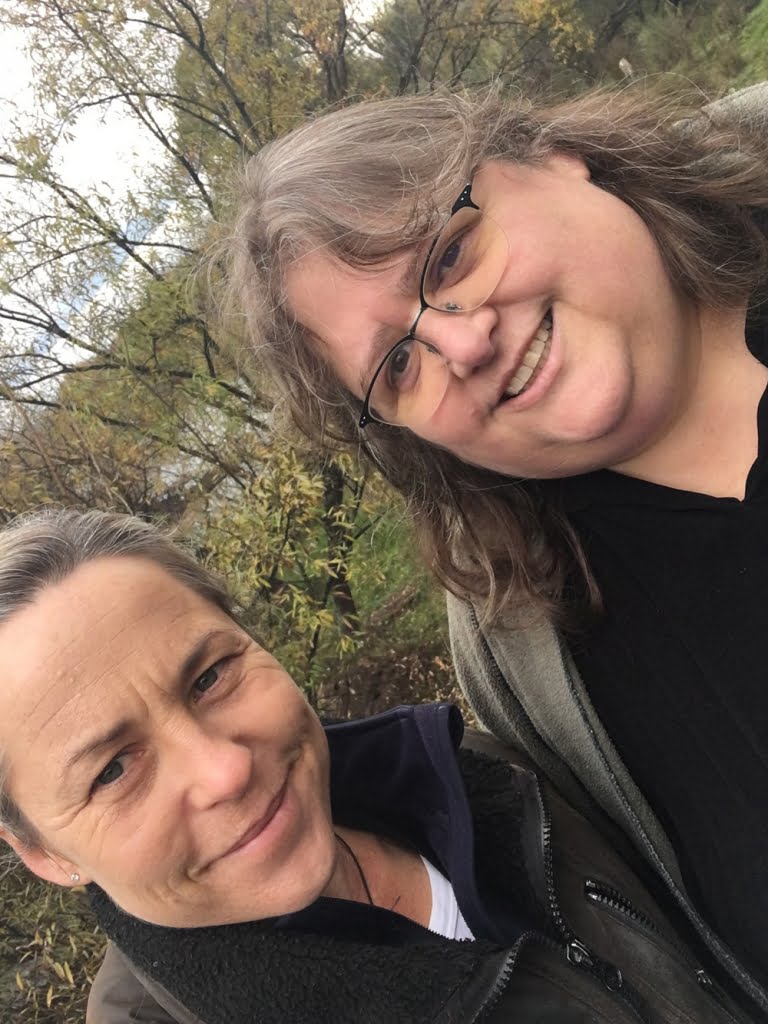
Our goals:
Coming into the initial Twinnings Workshop, Marnie had an idea to pull together a feasibility study for the Restoration of the Lake Narracan Wetland area. With input from her mentor Rhonda and other Twinning participants, it became evident quite quickly that this was a huge task, and one that required a significant amount of time and expertise.
After a few weeks of navigating this space it was agreed upon to ‘start a discussion’ around the Lake Narracan wetland area and find out a little more about the history, adjoining landholders, changes over time, and exactly which agencies may be interested in learning more, and potentially joining the effort to restore part of Lake Narracan.
Through participating in the Twinning Program, Marnie aimed to develop her skills in project proposal writing as well as building local industry networks. Marnie also learnt along the way that she could improve her active listening skills!
As a mentor, Rhonda’s goal was to let Marnie run with ideas and come to conclusions regarding what was feasible and realistic in the time frame available, and provide a safe place to ask questions and put forward ideas. Marnie’s enthusiasm and positive attitude towards the project allowed her to reshape her ideas and adaptively manage the project to a more targeted process of engaging with landholders, local industry groups, and recreation groups who use the lake. She also delved into the history of the site.
Making connections and building relationships based on common interests for the restoration of Lake Narracan became the main goal for the project.
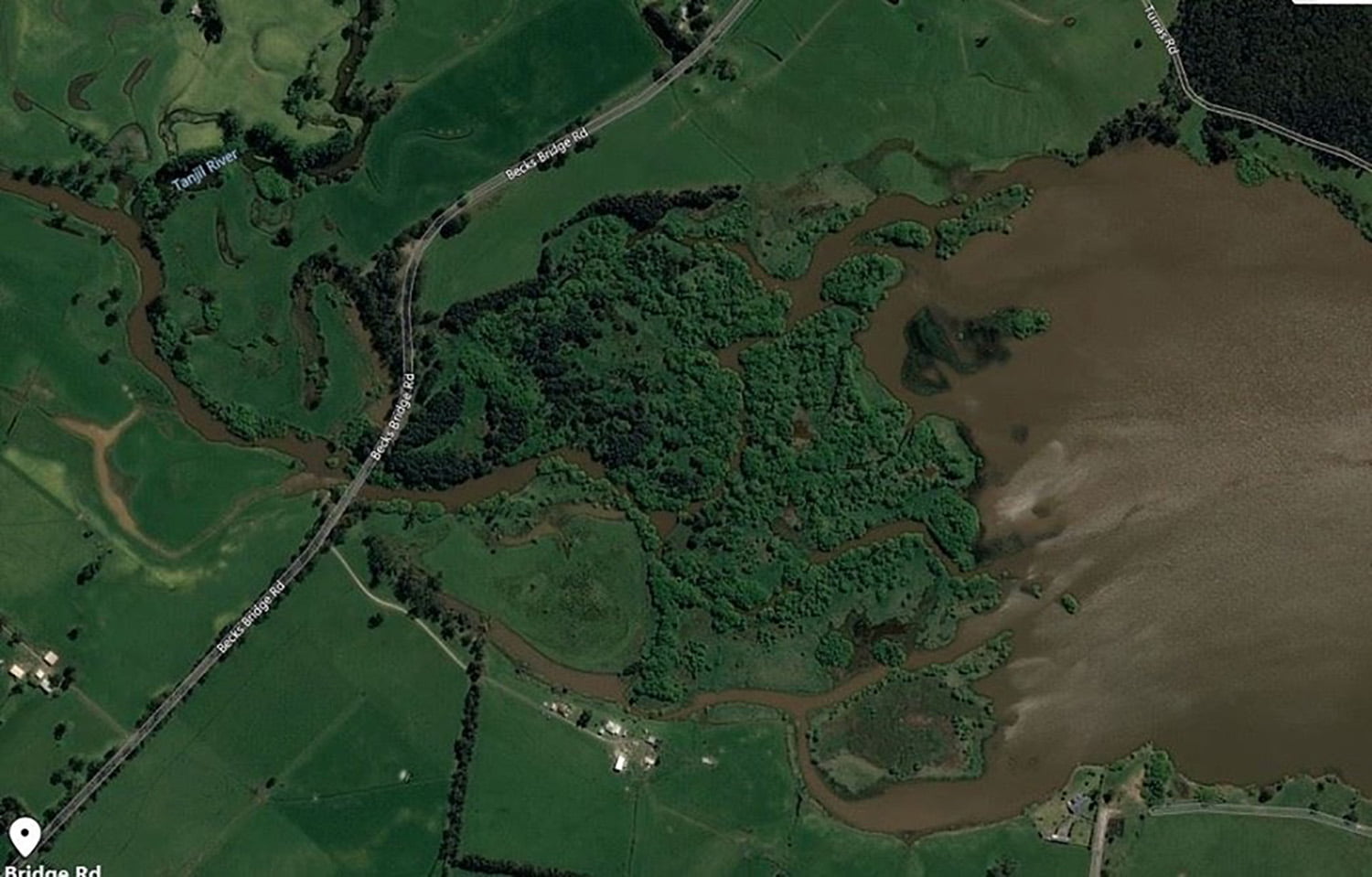
Our actions:
Marnie and Rhonda met onsite to discuss the challenges, and it was very clear from that visit that not only were willows a major problem, dumping of rubbish, sedimentation and stock access to water ways were also equally a problem. The discussion on site was around what a successful outcome would look like for a restoration project, and what ecological and social gains were possible.
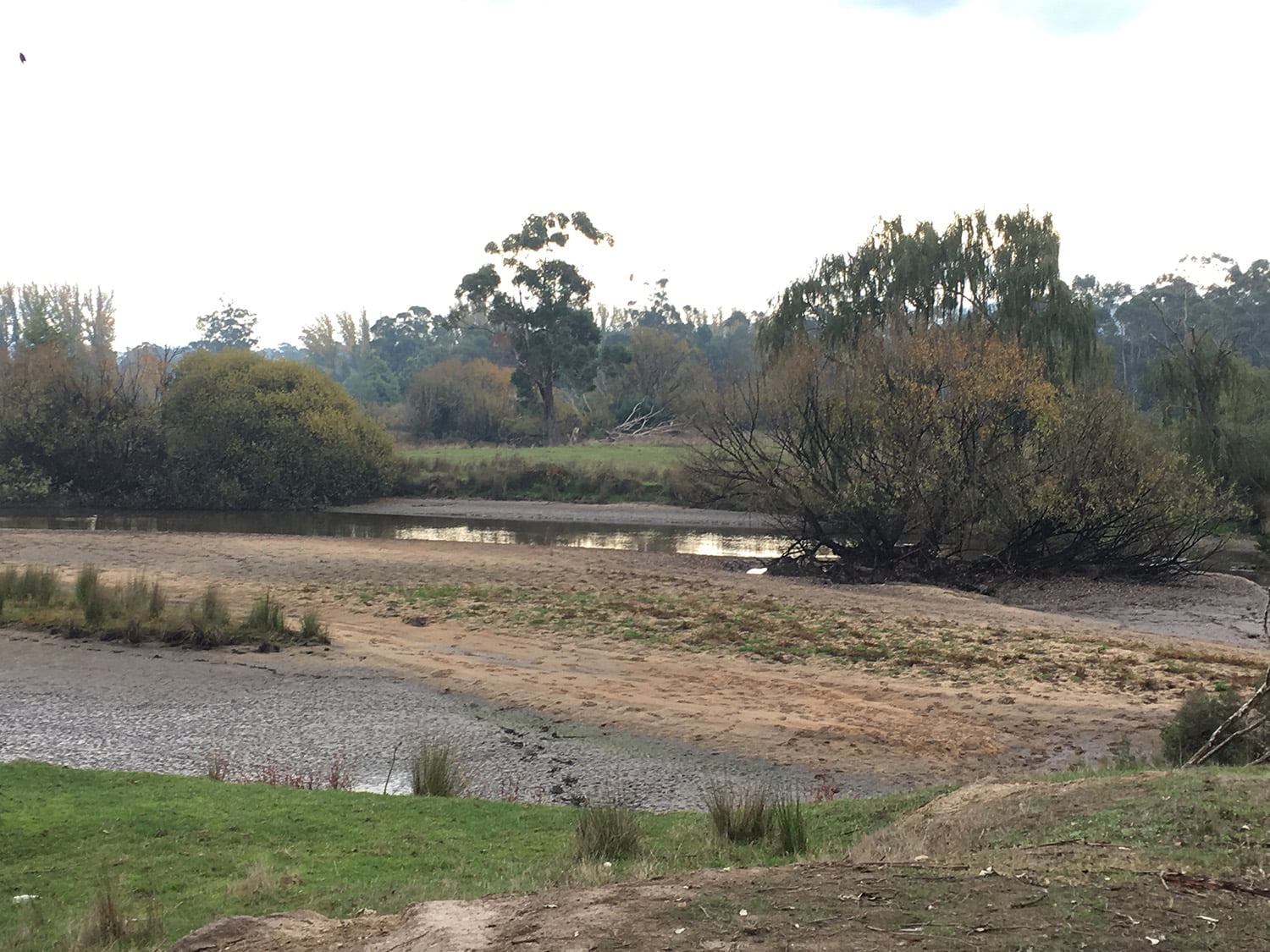
In between Twinning workshops and the site visit we had regular contact. Marnie set up fortnightly catch up sessions where she provided a summary of her activities which set the agenda for the ‘meetings’. Over time these more ‘formal’ sessions evolved into a ‘call at any time to chat about anything and everything’ arrangement. We even texted each other whilst on holidays!
With Rhonda’s assistance, Marnie was introduced to a couple of industry experts who were well versed in community and stakeholder engagement to achieve wetland management and restoration outcomes. These conversations proved invaluable for setting some research topics for Marnie to follow up on, and these people, along with Rhonda also introduced Marnie to a world of information online that was unknown to her prior.
Marnie had numerous coffee catch ups with key agency representatives to discuss the project and gauge if their organisation would be interested in engaging in future discussions on restoring the wetland complex. All these conversations proved positive, and discussions with landholders, recreational groups and landholders were equally as positive and encouraging.
Marnie stepped right outside her comfort zone and met with a local funding body to discuss a potential partnership with Landcare around the Lake Narracan Wetland area. The initial conversations were extremely positive, and less than a week later Marnie was asked to submit a funding application through their grants portal.
Funding has been sought to engage a contractor to undertake a feasibility study into the Restoration of the Lake Narracan Wetland Area. If successful, the feasibility will allow the Landcare Network to then move forward and potentially break down a very large scale project into a series of smaller manageable projects over an extended period of time.
If unsuccessful, Marnie feels she now has the skills (and the right wording) to look at other funding opportunities into the future.
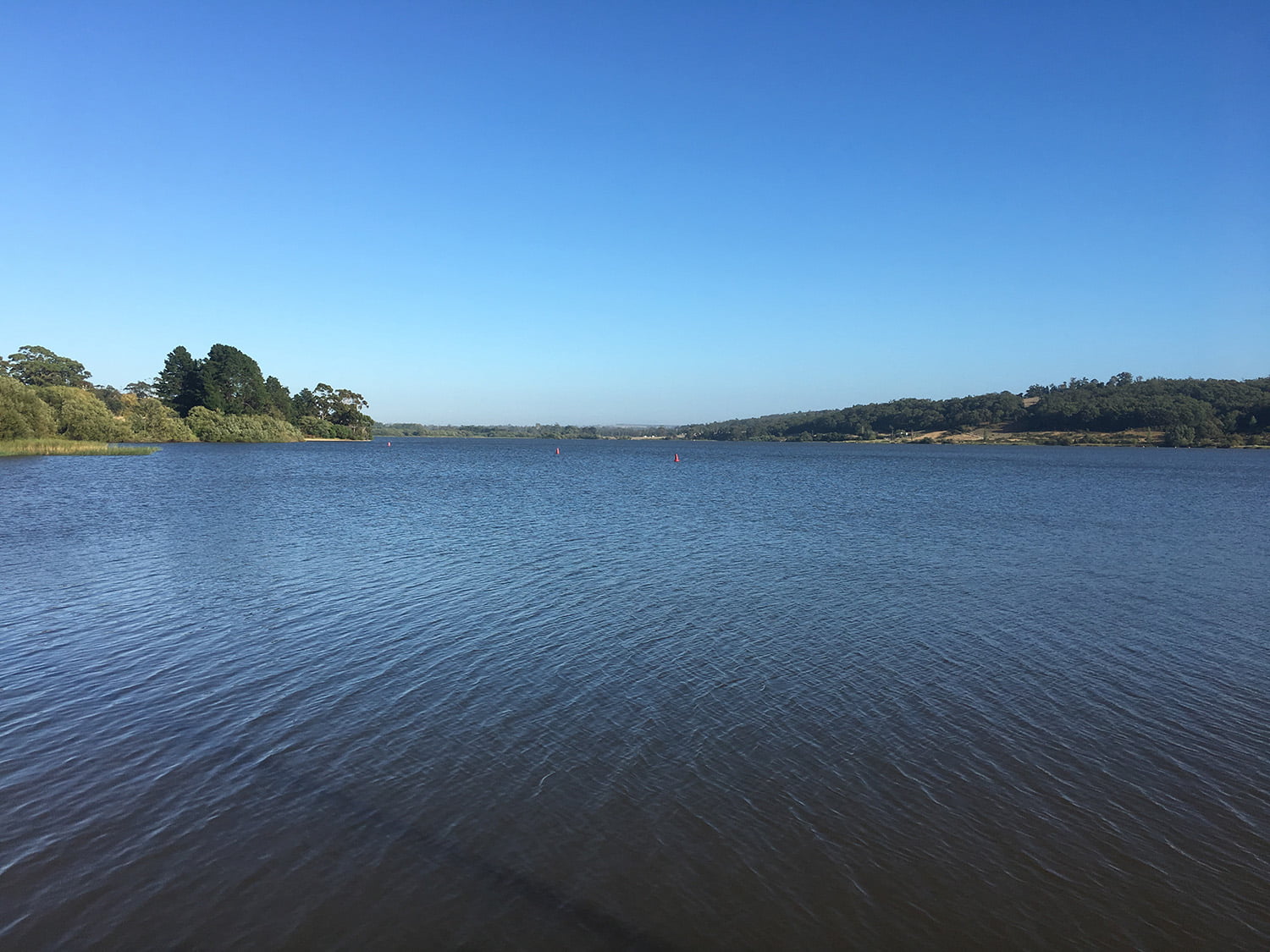
What did we personally gain from the program?
“The networks and contacts I have gained within the twinning group itself has been invaluable. Rhonda has introduced me to numerous people that have assisted some decision making along the way.
I have been fortunate to have undertaken past training with Siwan and it is always fun, challenging and a great learning environment. The Twinning program has given me a much better understanding of how I have communicated in the past, and the techniques I have learned will assist in more effective communicating from me in the future.
I leave the Twinning program knowing that I have made many new friends in the world of water and I am far more confident in my decision making and have also learnt that I need to back myself more often.
One of my biggest learnings is being open to change and adapting as needed.”
– Marnie
“For me, the Twinnings program has reinforced my fundamental belief that natural resource management is about combining applied science (or knowledge) with good communication, and that the success stories are 9 times out of 10 totally about the relationships built along the way. All those involved in the Twinning program are dedicated to learning, providing guidance and sharing their knowledge in an open and genuine way. It was great to be involved with a group of likeminded practitioners where we all learnt something new, shared our stories and forged new relationships. I firmly believe in ‘giving back’ and the Twinning program is an excellent vehicle for sharing and helping others in their careers.
In addition, my Twinning journey was made all the more significant as it reconnected me with my childhood as I grew up in the LaTrobe Valley and new the area well. Also, Marnie and I found we had several very close personal friendships with each other’s family! Something neither of us expected, but was a significant personal bonus to our journey.”
– Rhonda
